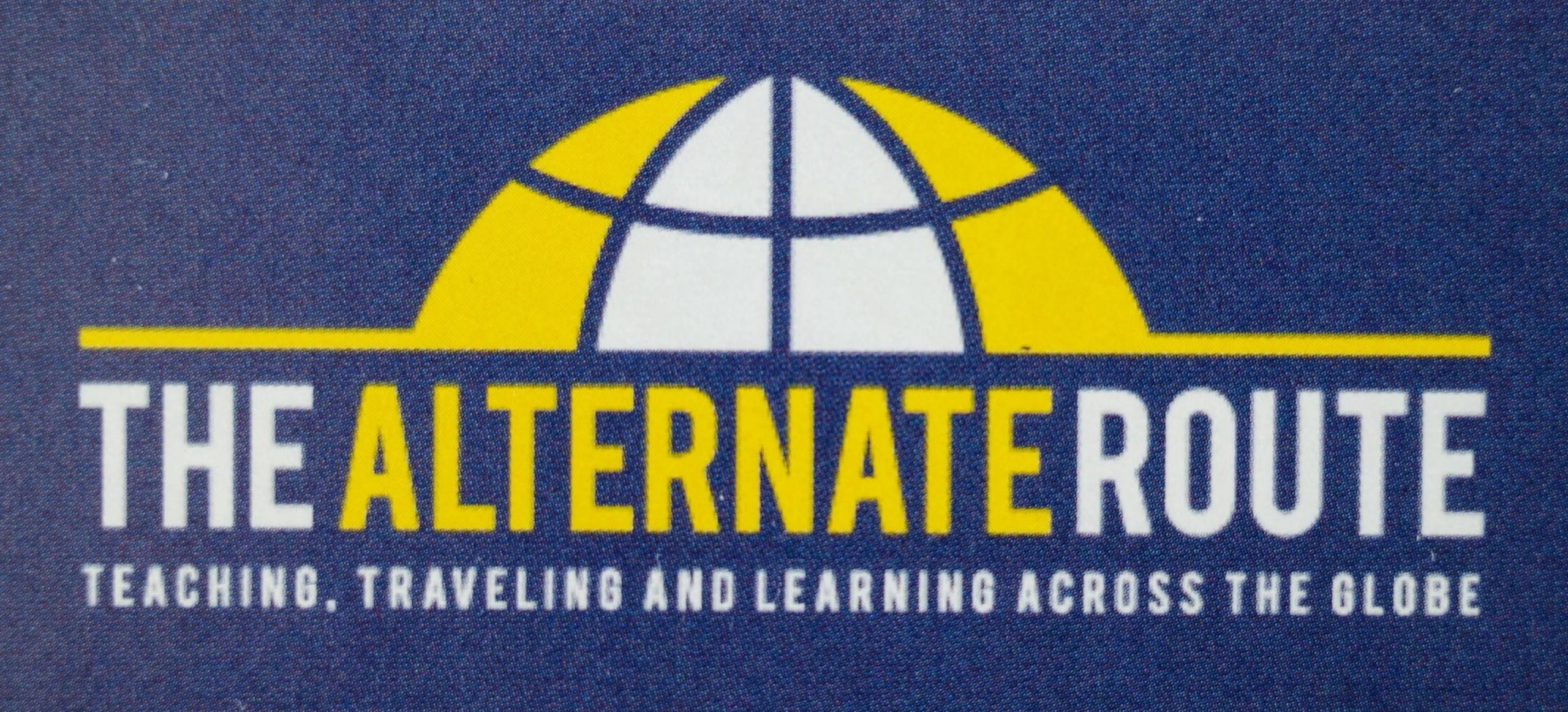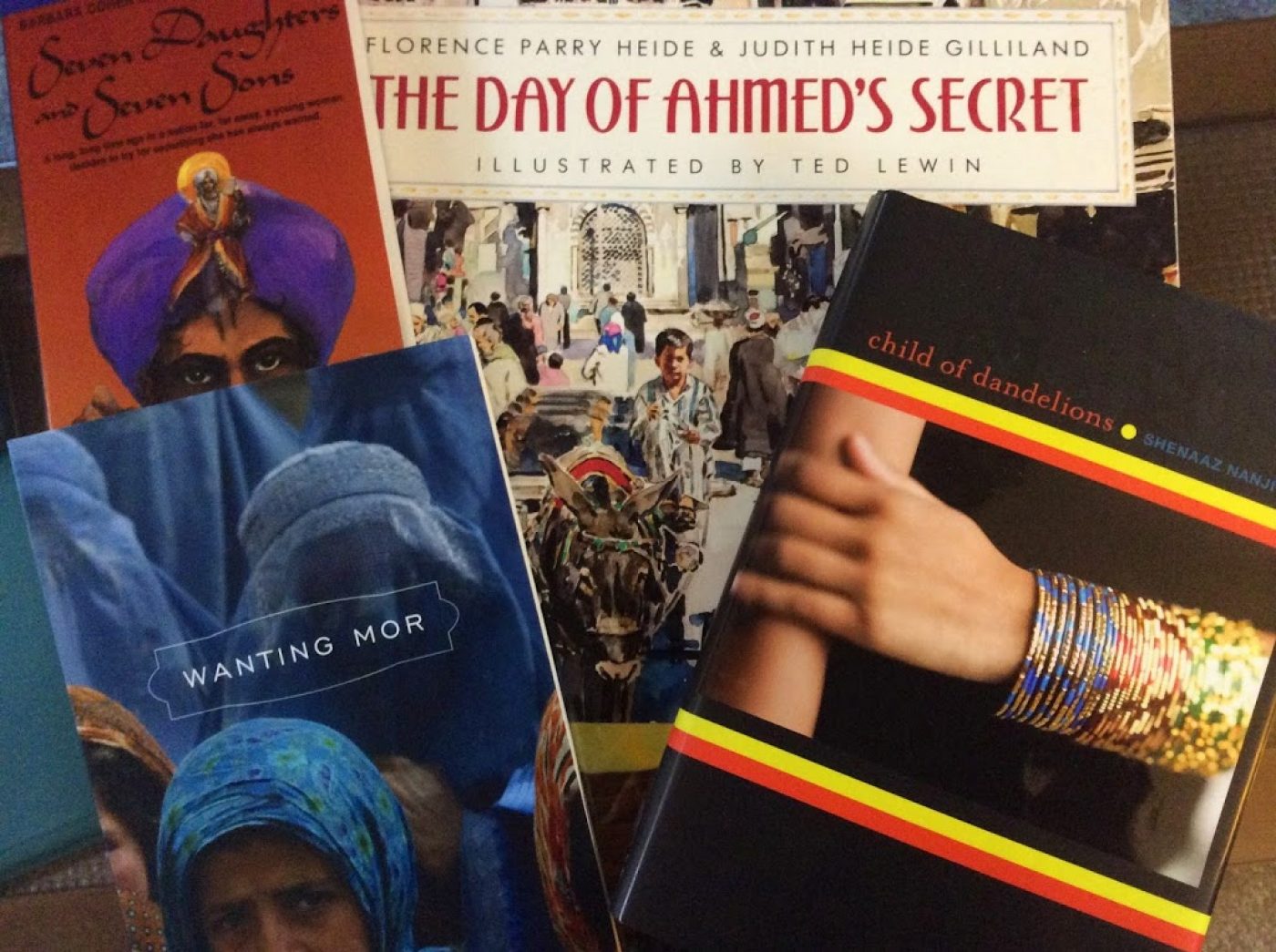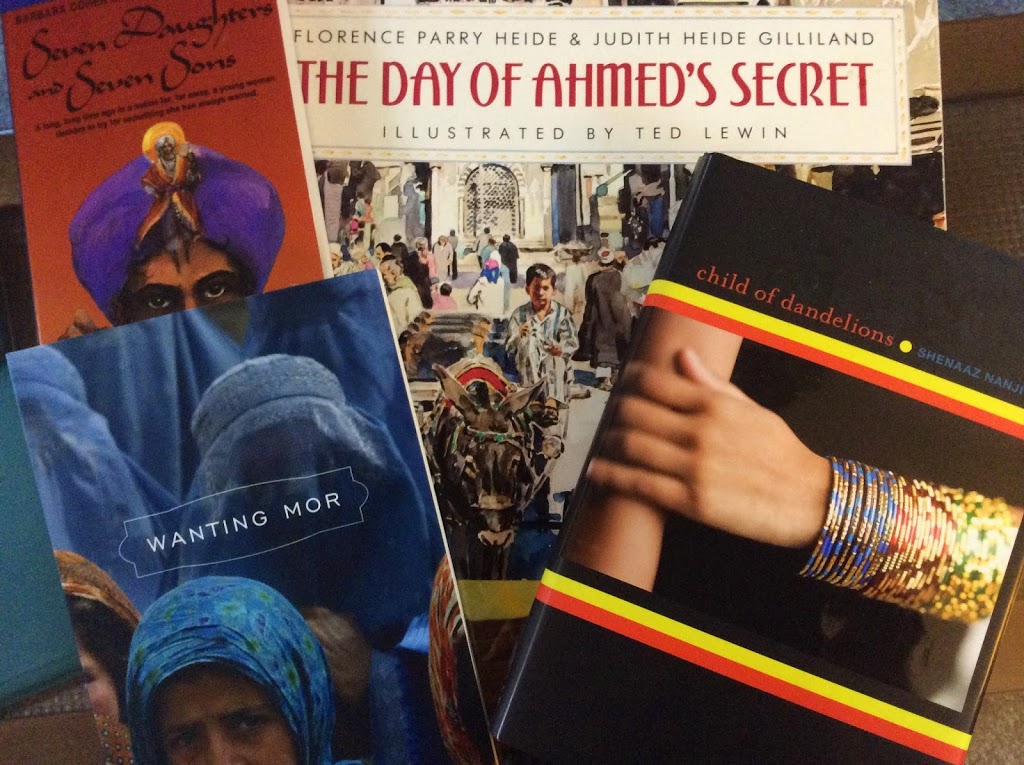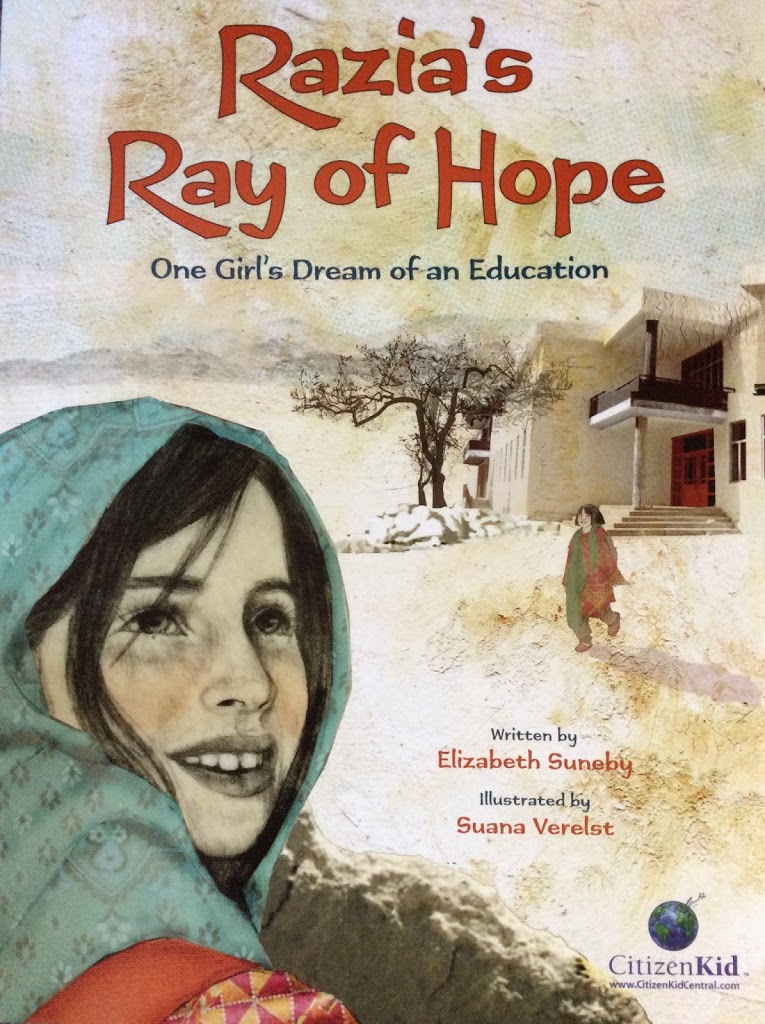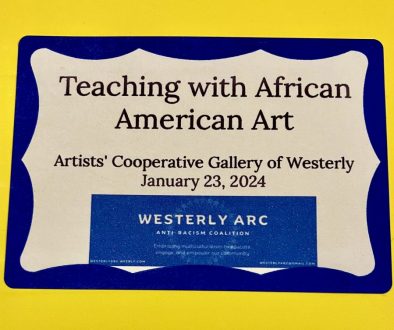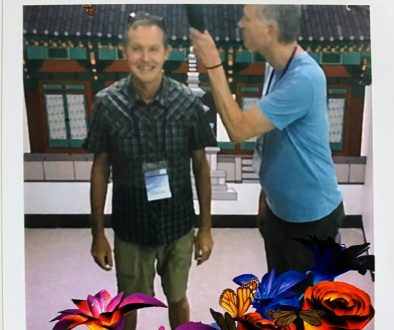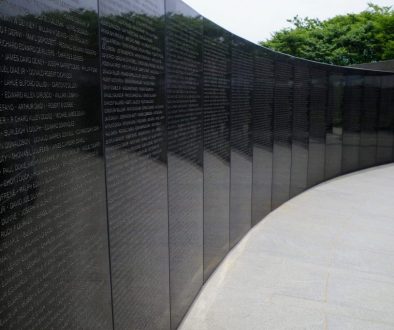Last weekend, thanks to a travel award from the Middle East Outreach Council, I was fortunate to attend their annual educator workshop at Georgetown University in Washington, D.C. The topic was ”New Literature Projects and Techniques for Elementary and Secondary Classrooms.” The day was filled with a diverse group of presenters sharing the latest and best literature and other resources with settings or themes connected to the Middle East, Islam and Arab culture.
One of MEOC’s goals is to promote the use of these materials in the classroom. Why is this important? I could not explain it better than Dr. Tami Craft Al-Hazza, who was the first presenter of the day. She explained that years ago her daughter, who lives between two cultures, noticed that there were never any books in her classroom with characters that looked like her, a child with a Kuwaiti father and American mother. Today, many classrooms have libraries with a wide range of multicultural perspectives. It is not a big challenge to find quality literature and nonfiction with characters who are African American, Native American, Hispanic or Asian. Finding stories with characters from the Middle East, however, can be more challenging. Furthermore, students are exposed to a one-dimensional view of this region through the media: The MIddle East and Arab countries are portrayed with many stereotypes. War, terrorism, violence, the oppression of women and extremist religious views are common themes in news reports, movies and TV shows about the Middle East. Using literature and nonfiction that reflects the diversity of this region can help combat these stereotypes and give a more accurate view of a culture many American students are unfamiliar with.
It was refreshing, then, to hear so many presenters speak about a wealth of resources for K-12 teachers and adults. Here is a sampling of some of the resources shared by each speaker.
Susan Douglass, Educational Outreach Coordinator, Community Resource Service, Center for Contemporary American Studies, Georgetown University.
-
Besides hosting us at Georgetown, Ms. Douglass shared the Bridging Cultures Bookshelf: Muslim Journeys. This resource has many primary source documents, videos, books. Although geared towards adults, the website has videos and other materials that could be used in the classroom. Many public libraries received these resources through grants, so it is worth checking to see what is available in your local libraries.
Dr. Tami Craft Al-Hazza, Associate Professor of Language, Literacy and Culture, Old Dominion University.
-
Dr. Craft Al-Hazza shared over 25 titles with connections to the Arab world. She also modeled and had us practice teaching strategies to use with these books. She discussed how to use specific books when teaching themes such as wisdom, friendship, family and religion.
-
One of her favorite tools is Doodle Buddy, an iPad drawing app. In a guided imagery acitivity, students close their eyes while the teacher reads aloud a description of a scene from a market in Morocco, for example. A recording of a market scene can also be played. Next, students use Doodle Buddy to draw what they pictured before reading a book with scenes from the market.
-
Dr. Campbell discussed the MEOC Book Awards. This award is given annually to picture books, youth literature and youth nonfiction. She also shared many resources to use when teaching with one of the MEOC award winners. For example, there is a website with teaching resources for the 2014 picture book winner, Razia’s Ray of Hope.
-
I was pleasantly surprised to see my unit on Multicultural Perspectives listed as one of the resources in Dr. Campbell’s packet.
Jenn Nina, New York Council for the Humanities
-
Ms. Nina introduced the website Together Muslim Voices, which has many resources for educators. This organization has identified high quality books (for kids and for teens) with Muslim characters. The books are organized into themes and come with specific resources. Teachers and libraries have the opportunity to apply for grants to obtain the books and/or attend a workshop in New York City for how to use the books with students.
Elsa Marston, Author and MEOC Book Award Winner
-
Ms. Marston spoke of her interest in writing books set in various cultures and shared insights into the writing process. She discussed many of her favorite titles, including one of her MEOC award winners: Santa Claus in Baghdad.
MEOC has shared so many resources through this workshop, there is no excuse for teachers at all levels not to have books that accurately represent Middle Eastern and Arab culture in their classrooms. This is important for students who may be from Arab cultures, as well as for students who only see these cultures inaccurately portrayed in popular media. My experience in Morocco this summer, along with the resources shared at MEOC, will help me to achieve this goal.
